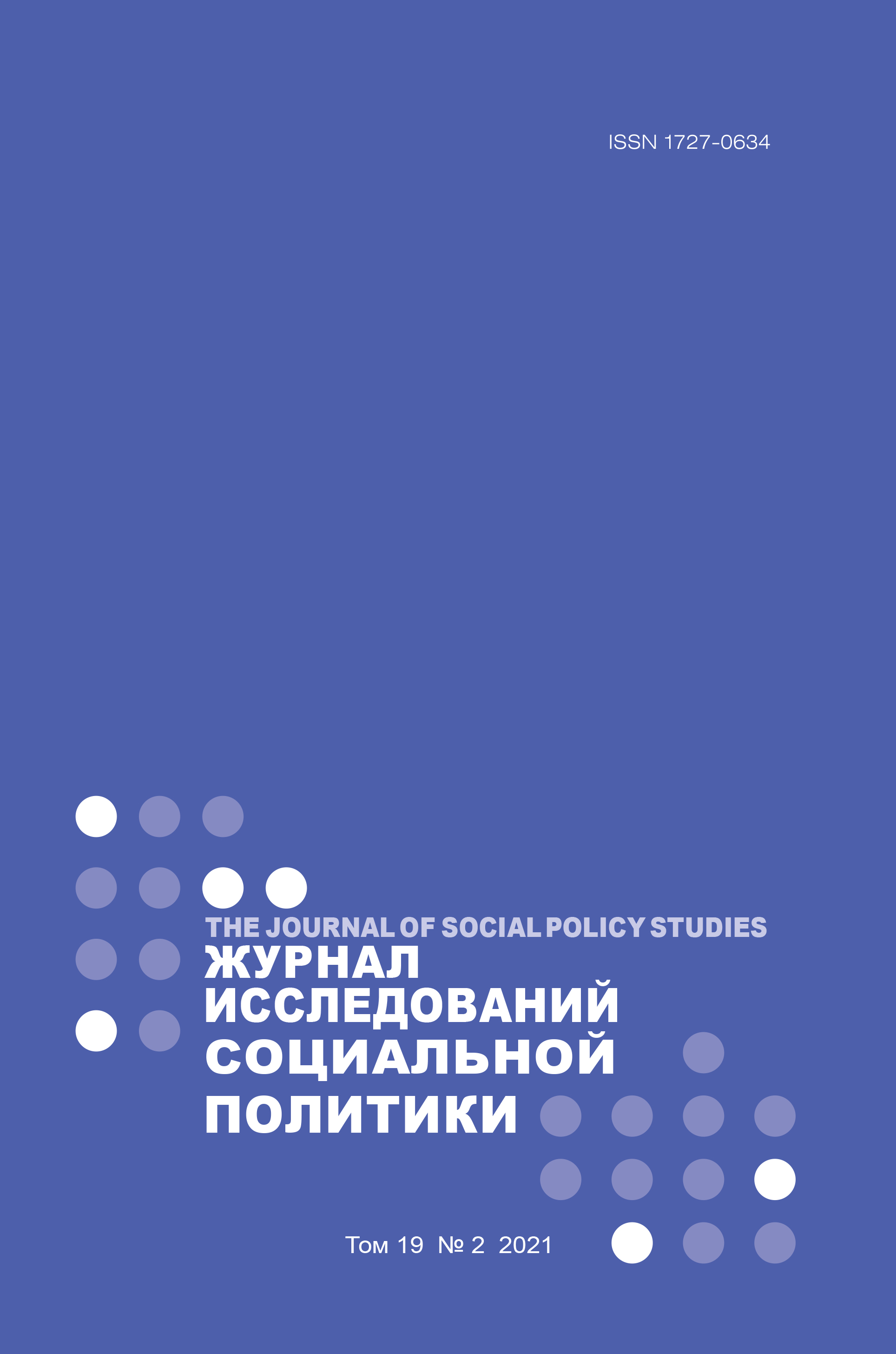The Cities of Forking Streets: Trajectories of Urban Conflicts in Russia
Abstract
Conflicts over the urban environment have become part of everyday life in large Russian cities. Infill construction, the demolition of historical and architectural heritage, the removal of parks and other public spaces are often accompanied by the mobilization of citizens, to which, in turn, both public authorities and developers are forced to react. In addition, mobilization unfolds in different urban contexts, with varying degrees of intensity and duration. Finally, the outcome of attempts to challenge development projects can also be very different: some projects are implemented without any changes, others are not implemented at all. How can we organize information about multiple urban conflicts, taking into account the characteristics of context and dynamics, without losing the ability to compare these episodes with each other in an analytical manner? In this article, we describe our methodology for creating the database 'Urban Conflicts in Russia', which is based on contentious episode analysis (CEA). We describe the conceptual and methodological foundations and also illustrate the analytical capabilities of the database. We demonstrate that the design of the database, which includes both the characteristics of the context and the conflict itself and the interactions of participants in conflict episodes with each other, allows us to switch between macro-, meso- and micro-levels of analysis, make systematic comparisons and identify patterns in the trajectories of urban conflicts. We show empirically that episodes of challenging urban development projects follow a variety of scenarios, not necessarily leading to victory or domination by developers and their allies in power. Just as in Borges’ Garden of Forking Paths, where the future splits into variations of the world that multiply in the process of individual choices, so urban conflicts move along multiple trajectories that are tied to moments of critical path choice.















